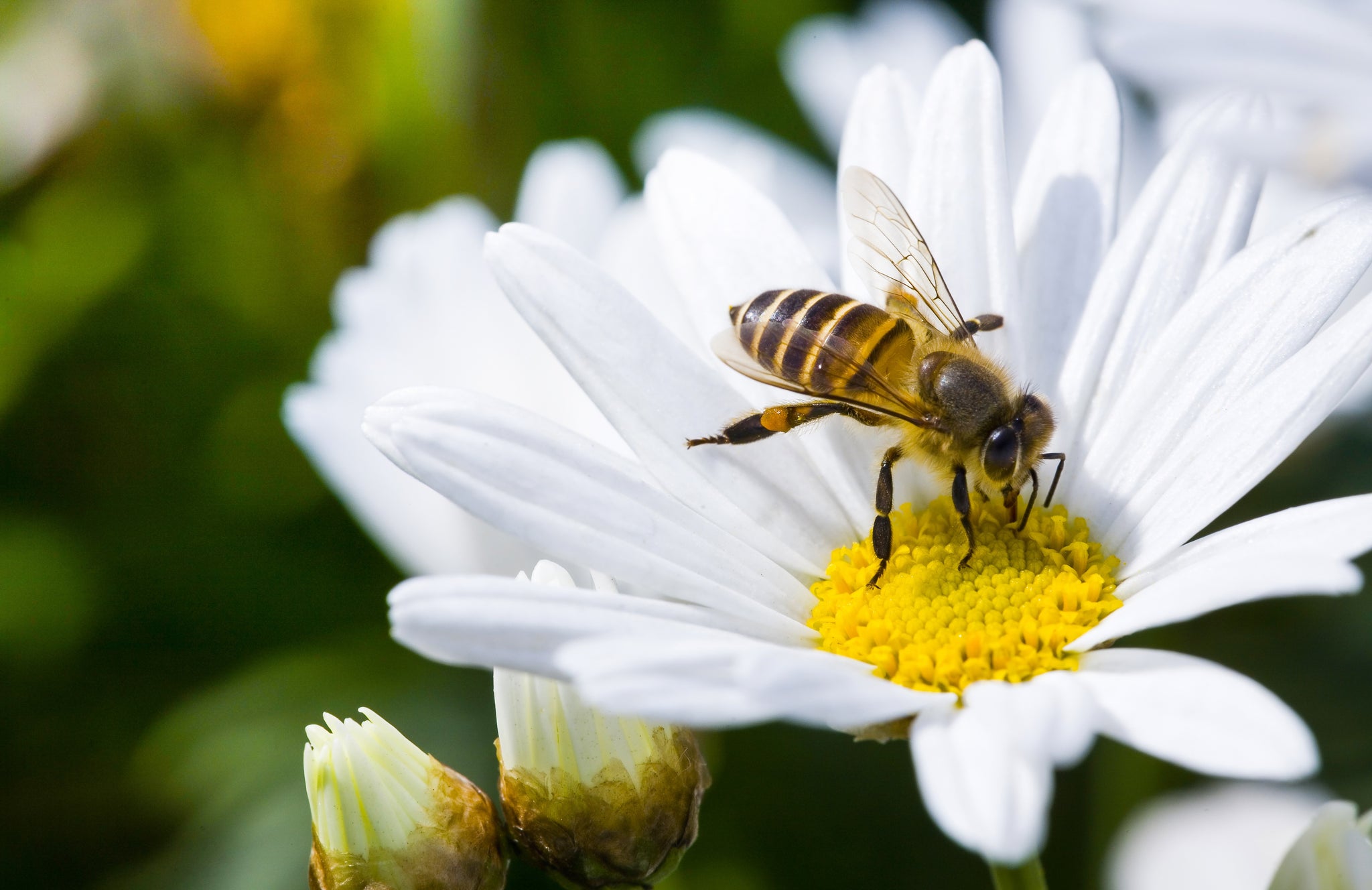Your Cart is Empty

By: Angela Van Alten / Ysseldyk, Beekeeper’s Daughter, Certified Nutritional Practitioner and Dutchman’s Gold Partner
Welcome to Pollinator Week, a special time in Canada when we come together to appreciate and raise awareness about the invaluable role of pollinators in our ecosystems. From the buzzing honeybees to the delicate butterflies, these tiny creatures play a vital role in our food production and the overall health of our planet. In this blog, we'll explore why pollinators like honeybees are essential, the factors contributing to their decline, the significance of pollinators for our beehive family brand, and how each of us can make a positive impact.
THE IMPORTANCE OF POLLINATORS
Pollinators, particularly honeybees, are critical for the reproduction of flowering plants, including many crops that provide the food we consume daily. Approximately one-third of the world's food supply depends on pollination, making it a cornerstone of our food security. Without pollinators, we would face a significant decline in agricultural productivity, leading to food scarcity and increased prices.
FACTORS AFFECTING POLLINATOR HEALTH
Unfortunately, pollinators face numerous challenges that threaten their survival. Colony Collapse Disorder (CCD), a phenomenon where honeybee colonies abruptly die off, has become a cause for concern in recent years.
4 FACTORS CONTRIBUTING TO THE DECLINE OF POLLINATORS
These factors, combined with a lack of diverse and abundant forage, weaken pollinators' immune systems and disrupt their natural behavior.
POLLINATORS AND OUR BEEHIVE FAMILY BRAND
As a beehive family brand, we recognize the crucial role that pollinators play in the health of humanity and the planet. Without thriving pollinator populations, we wouldn't have the high-quality honey and sustainable beehive ingredients that are the foundation of our products. By supporting pollinators, we are ensuring the continuation of our brand's commitment to the well-being of our customers and the environment.
3 WAYS YOU CAN HELP SUPPORT OUR POLLINATORS
During Pollinator Week, let us recognize and celebrate the vital role that pollinators play in sustaining life on our planet. By understanding the challenges they face and taking simple yet impactful actions, such as eating organic foods, planting colourful flowers, and supporting sustainable beehive ingredients, we can make a difference. Together, we can ensure a thriving future for both pollinators and ourselves.
LINKS TO FURTHER READING:
ABOUT THE AUTHOR: Angela Van Alten/Ysseldyk is a second-generation entrepreneur and co-owner of Dutchman’s Gold. She is the eldest daughter of John and Annie Van Alten, Dutchman's Gold founders. Angela is a Certified Nutritional Practitioner and holds a degree in Business. She has worked with some of Canada's top vitamin brands in various roles over the last 25 years, helping Canadians achieve optimal wellness. Her mission is to empower people to have an extraordinary life, while spreading Beehive Goodness at Dutchman's Gold.
REFERENCES: